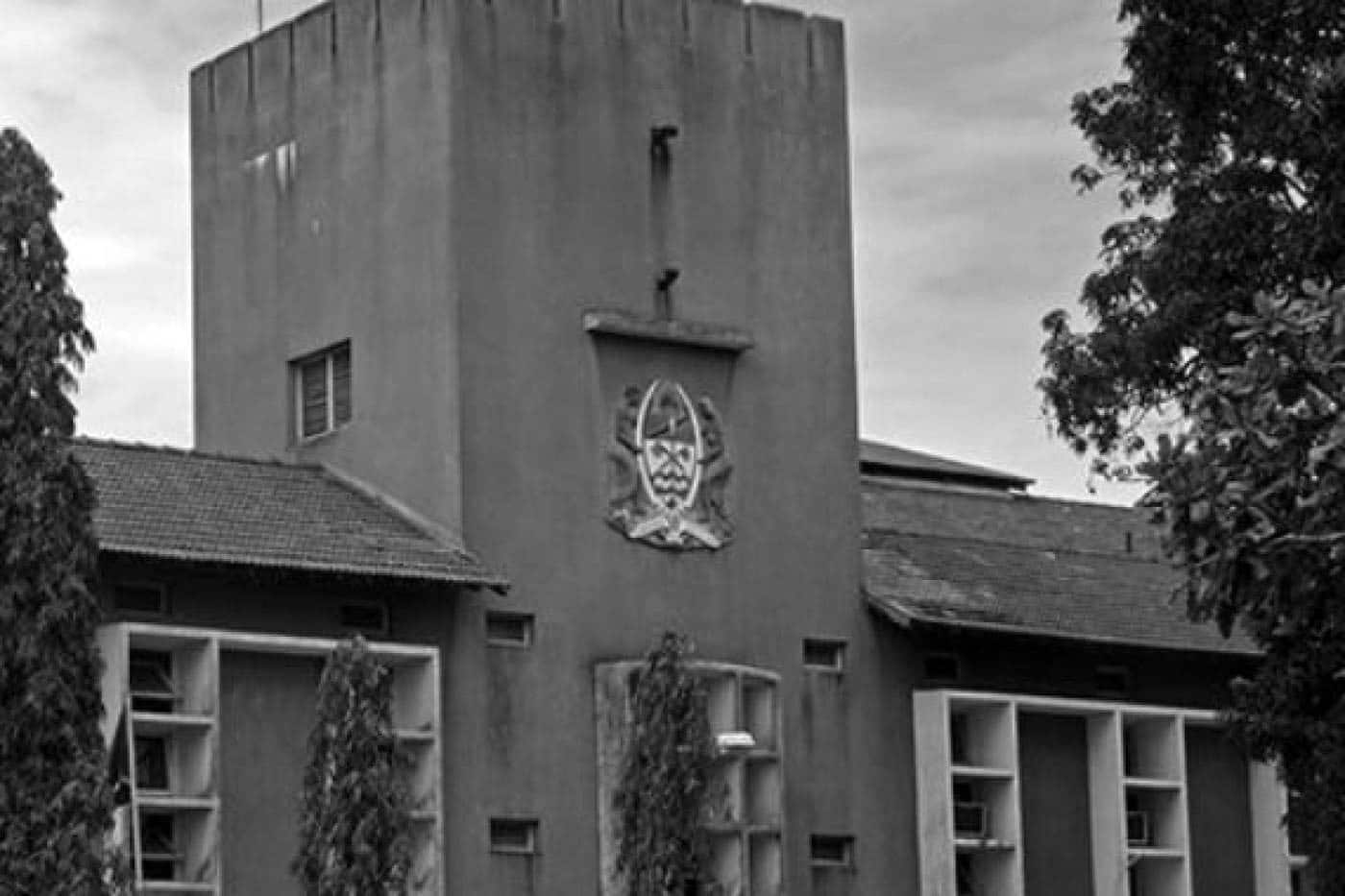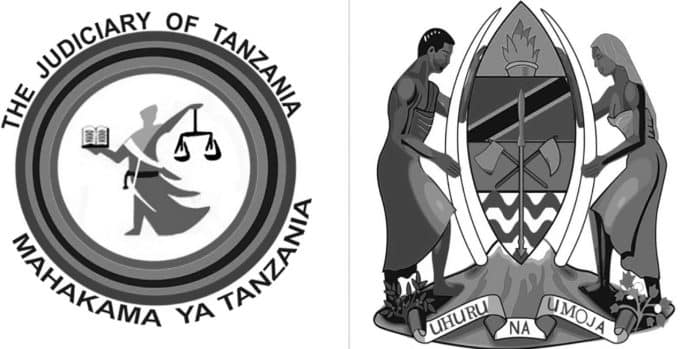Judiciary of Tanzania – History, Hierarchy, and More
The judiciary of Tanzania is a system of courts tasked with interpreting and applying the country’s laws. The current judicial system is based on the United Republic of Tanzania’s 1977 constitution. Magistrates and Justices in Tanzania are independent of the Tanzanian government and are exclusively bound by the law and Constitution, according to the Tanzanian Constitution. The nation has a dual legal system, with one judicial structure in charge of Tanzania’s mainland and another one in charge of Zanzibar. In 1979, the United Republic’s Court of Appeal was founded as the last appellate judicial authority having jurisdiction over the whole union.
History of the Judiciary of Tanzania
The High Court of Tanganyika was created in 1920 when the British took control of Tanganyika via Article 17 of the Tanganyika Order in Council. The British established a dual hierarchical structure, with Subordinate Courts and the High Court operating principally under English Common Law.
Tanganyika obtained independence in 1961 and passed through numerous interim constitutions before settling on the current one in 1977. The Union of Zanzibar and Tanganyika had been completed at this time, and a bi-jurisdiction system had been established, with Tanzania Mainland and Zanzibar maintaining separate judicial hierarchical systems. On 15 August 1979, the Court of Appeal was founded in accordance with the constitution of 1977. The court was established to succeed the East African Court of Appeal, with jurisdiction over Zanzibar and the mainland.
Hierarchy of the Judiciary of Tanzania
High Courts
Article 108(1) of the United Republic of Tanzania’s Constitution of 1977 established the High Courts as one part of judiciary of Tanzania. The court has unrestricted authority over any and all cases. The High Court hears all appeals from the lower courts. A Principal Judge is in charge of the High Courts. The President appoints the Principal Judge and other High Court Judges after consulting the Judicial Service Commission. To help speed cases, the High Court includes three specialized divisions: Commercial, Labour, and Land.

On the mainland of Tanzania, there are 14 regional high courts, with headquarters in Dar es Salaam.
Subordinate / District Courts
Resident Magistrate and District courts, second level of the judiciary of Tanzania, are the two types of courts that share the same level of jurisdiction at this level. The 1984 Magistrate Courts Act established these courts. Resident Magistrate courts are primarily found in bigger cities and act as regional headquarters for the district courts. District courts are located in all districts around the country. They also hear appeals from the primary courts; but, if you prefer, you can move straight to a subordinate court.
Primary Courts
Primary Courts are the country’s lowest courts in the hierarchy of the judiciary of Tanzania. In 2020, there will be over 700 primary courts across the United States. They deal with a wide range of civil and criminal cases.
Zanzibar’s Revolutionary Government
Within the Isles, the High Court is the highest court. In the isles, there are 2 high courts: one found in Unguja and the other on Pemba Island. Zanzibar’s Chief Justice is the island’s highest court. Zanzibar’s judicial system is generally similar to that of the mainland, with the exception that it preserves Islamic tribunals known as Kadhi Courts.
This is a Sharia court that hears civil Sharia law cases. All parties concerned must be Muslims and agree that the dispute will be decided according to Islamic law. The matter has to be of a civil character, such as divorce or succession. The court is led by Chief Kadhi, and the parliament has the power to create laws defining the court’s norms, jurisdiction, and qualifications. The Kadhi Appeal Courts hear appeals from Kadhi Courts.
Special Constitutional Court
The Special Constitutional Court was established by Article 125 of the Constitution as part of the judiciary of Tanzania. This court is only constituted when there is a disagreement between the United Republic’s government and Zanzibar’s Revolutionary Government over the Constitution’s interpretation. The court has no authority to interfere with or overturn decisions issued by the Courts of Appeal or the High Courts. Judges are appointed on an individual basis for each case. The mainland’s legal society has half of the members, while Zanzibar has the other half.
For more articles related to Laws of Tanzania (Acts), click here!

































